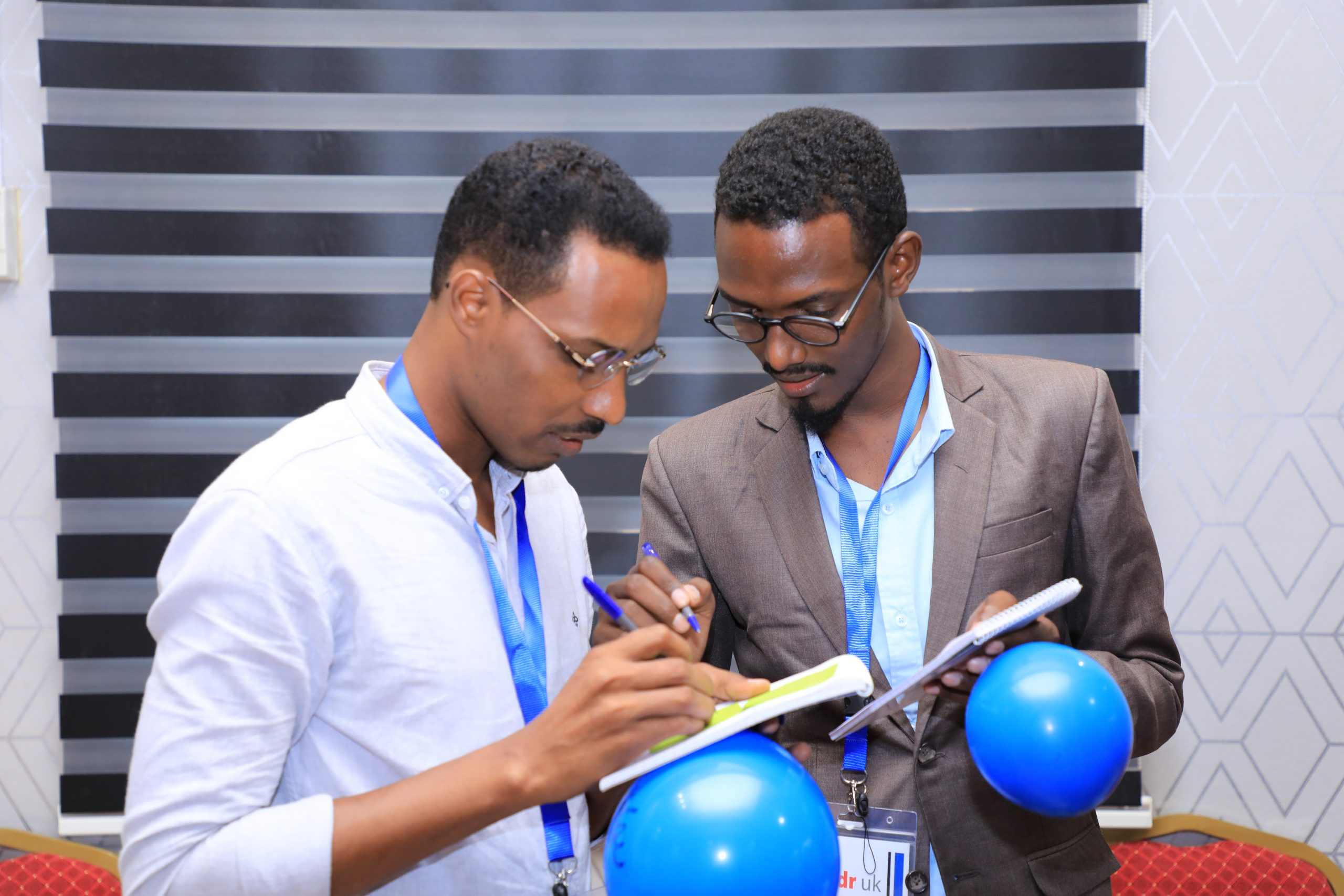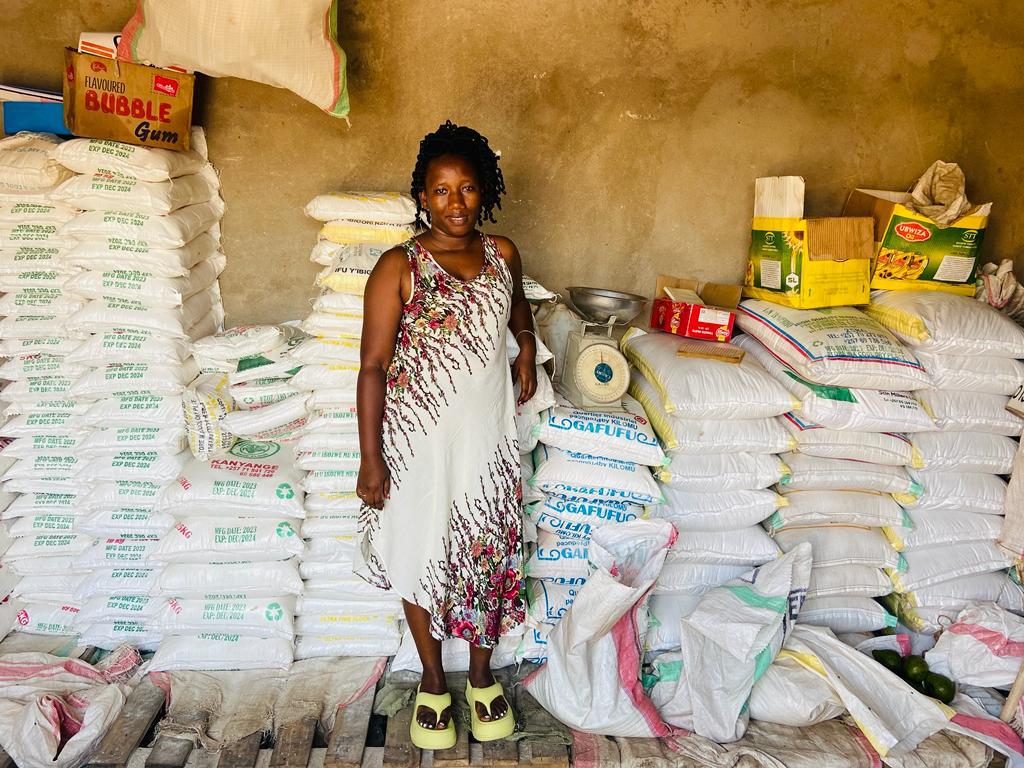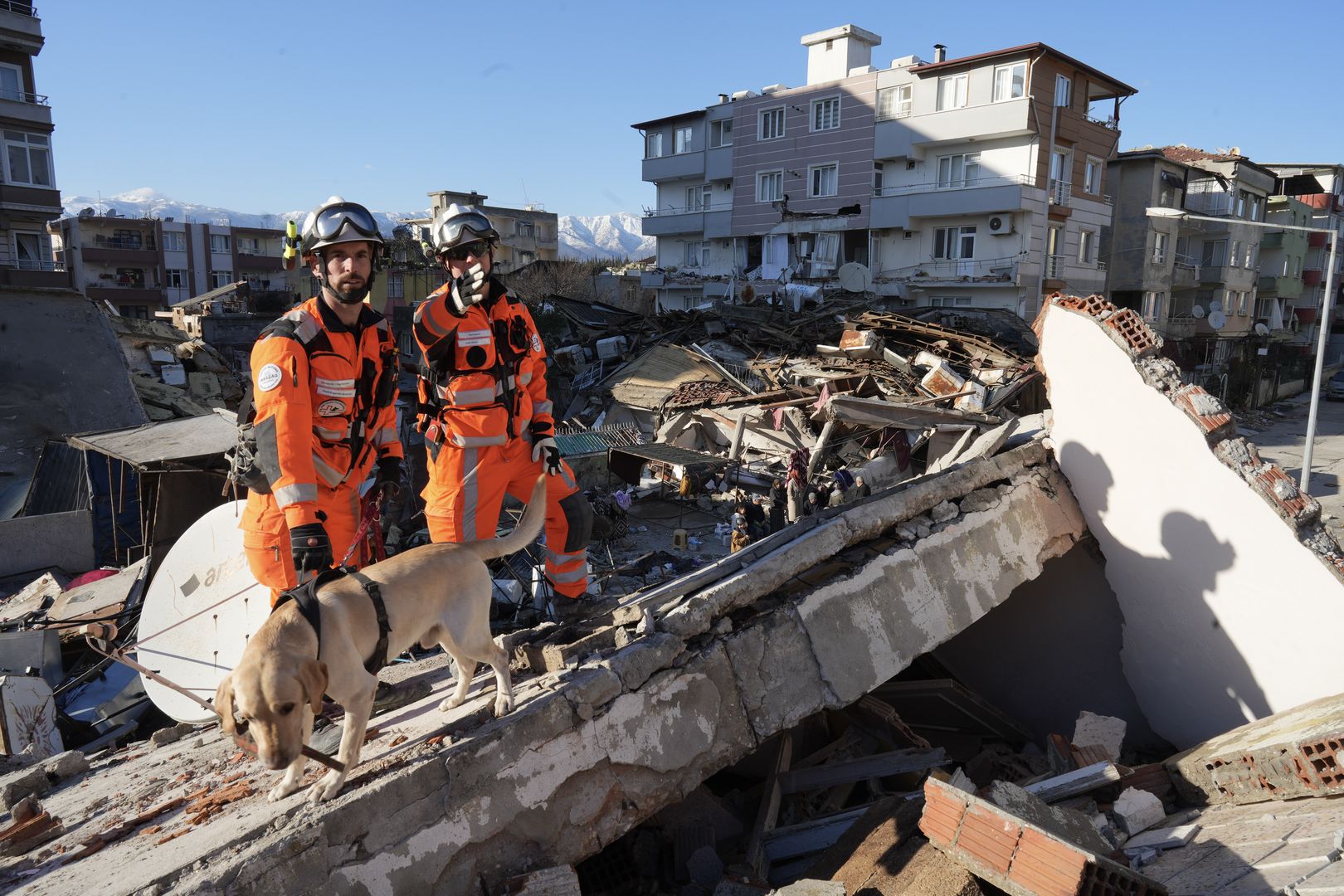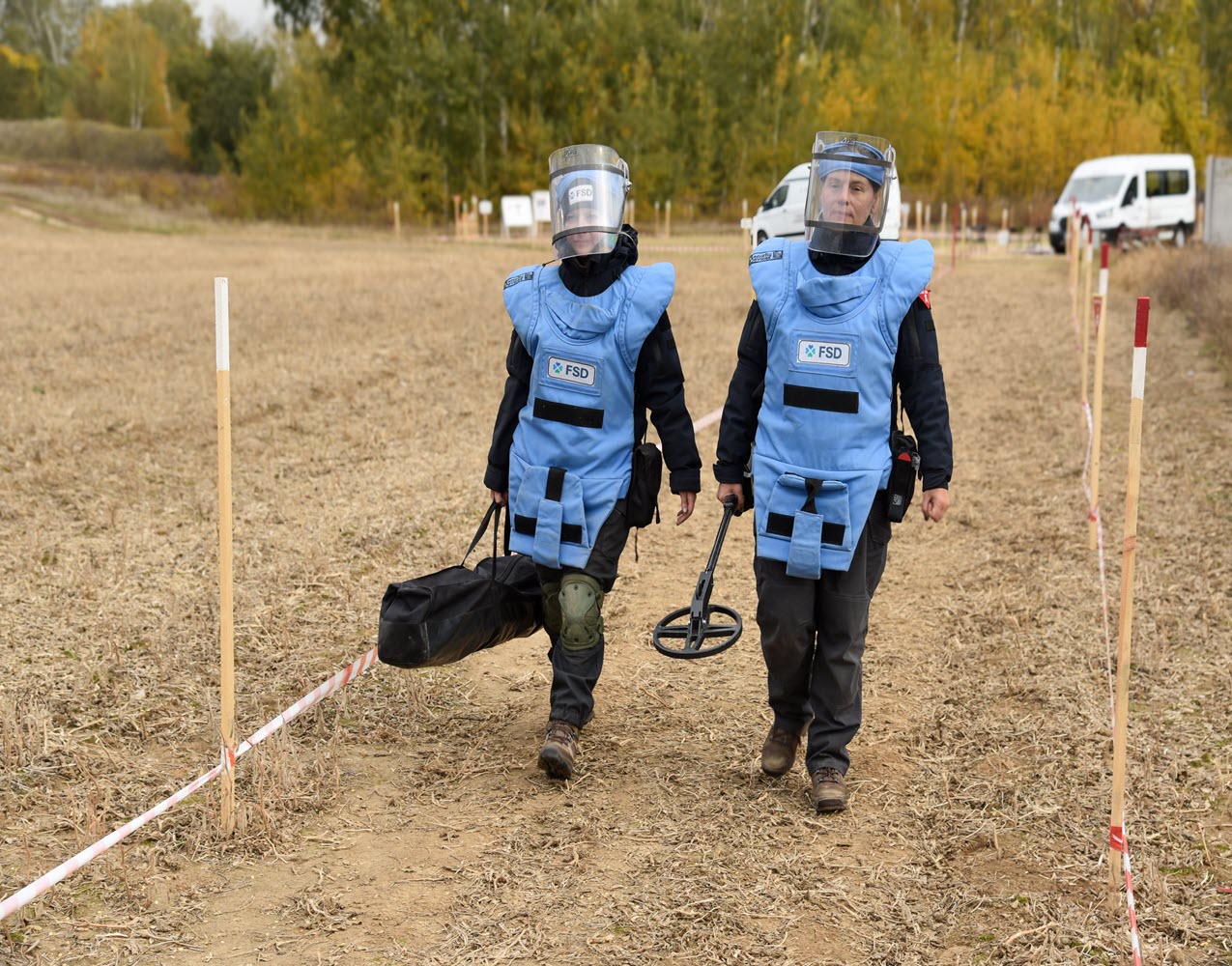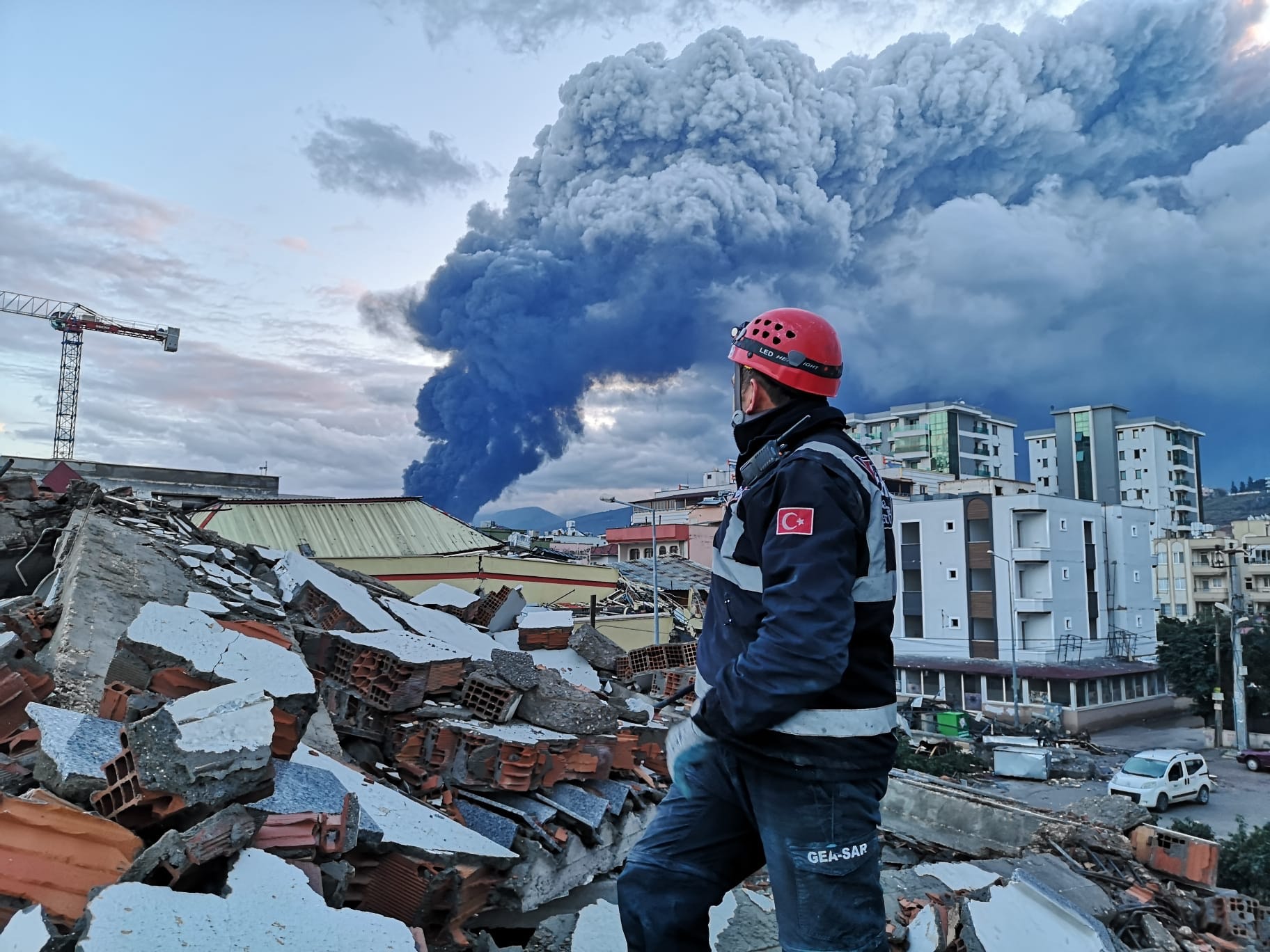
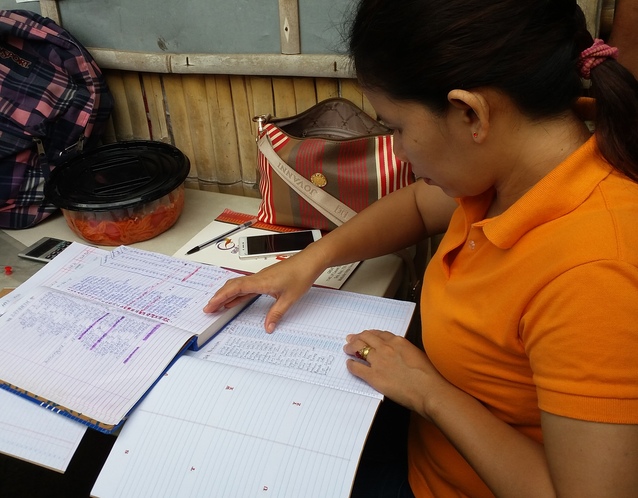
Since 2013, the JTI Foundation has supported Caritas Switzerland to support rural communities within this archipelago to build resilience to these threats by awareness raising, Disaster Risk Reduction (DRR) planning, and supporting small scale local enterprises. The project also aimed to mitigate the related risks of human trafficking that often follow in the wake of natural disasters.
Over the last three years, the project has helped to establish Community Watch Groups in all project barangays (local administrative units) with a total of 1,142 active members. These groups now contribute to a wider Community-Based Disaster Risk Reduction effort and are trained to be highly alert to the signals and threats of human trafficking.
Further to recommendations identified during an external evaluation of the project, the JTI Foundation is funding Caritas Switzerland over the next nine months to cement current successes of project and to ensure sustainability and local capacity for future resilience.
12 ‘priority’ barangays and their associated Community Watch Groups (586 members) are continuing to receive leadership and governance DRR training, as well as guidance and support on potential human trafficking issues.
Support is also consolidating initiatives launched by social enterprise groups in a further 18 barangays and help includes the development of financial skills through the delivery of training to the 675 members in Value Chain Analysis and complimentary coaching and mentoring. These social enterprises will increase additional income to the local community.
Finally, support is raising awareness of human trafficking issues at the municipal level through continuing and extended advocacy. This includes organizing municipal level ‘Referral Pathway Workshops’ to increase awareness and mobilizing barangay level advocacy campaigns.
By project close, support will have helped to enhance community resilience to disasters and human tracking in 18 coastal and island barangays across eight municipalities and two cities in the central Philippines. An end-of-project evaluation will help to improve knowledge management systems with the documentation and dissemination of project success stories.
Caritas Switzerland is an important member of the Caritas Internationalis network. This global federation is made up of 165 individual national charitable organizations, or groups of closely allied charities. Their work across more than 100 countries focuses on areas as diverse as disaster relief, food security, migration, water, human rights, climate protection and disaster prevention always irrespective of religious context.
This second phase of the program will be managed by Caritas Switzerland in conjunction with three local partners: lead-partner, the Philippine Partnership for the Development of Human Resources in Rural Areas (PhilDHRRA), the Lihok Philipina Foundation, and the Research Group for Alternatives to Development.
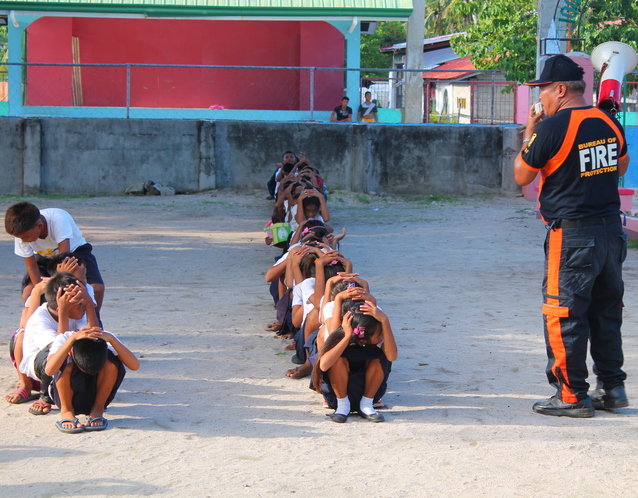
OVER 20 YEARS OF INVESTMENT IN DISASTER MANAGEMENT INITIATIVES
Countries where we have supported our partners’ work in response to a growing range of threats to life and livelihood
Million USD invested since 2001 to help communities better prepare for – and recover from – natural and man-made disasters
Projects addressing a broad range of challenges, including mine-clearance, emergency shelter, resilient housing solutions and capacity building

